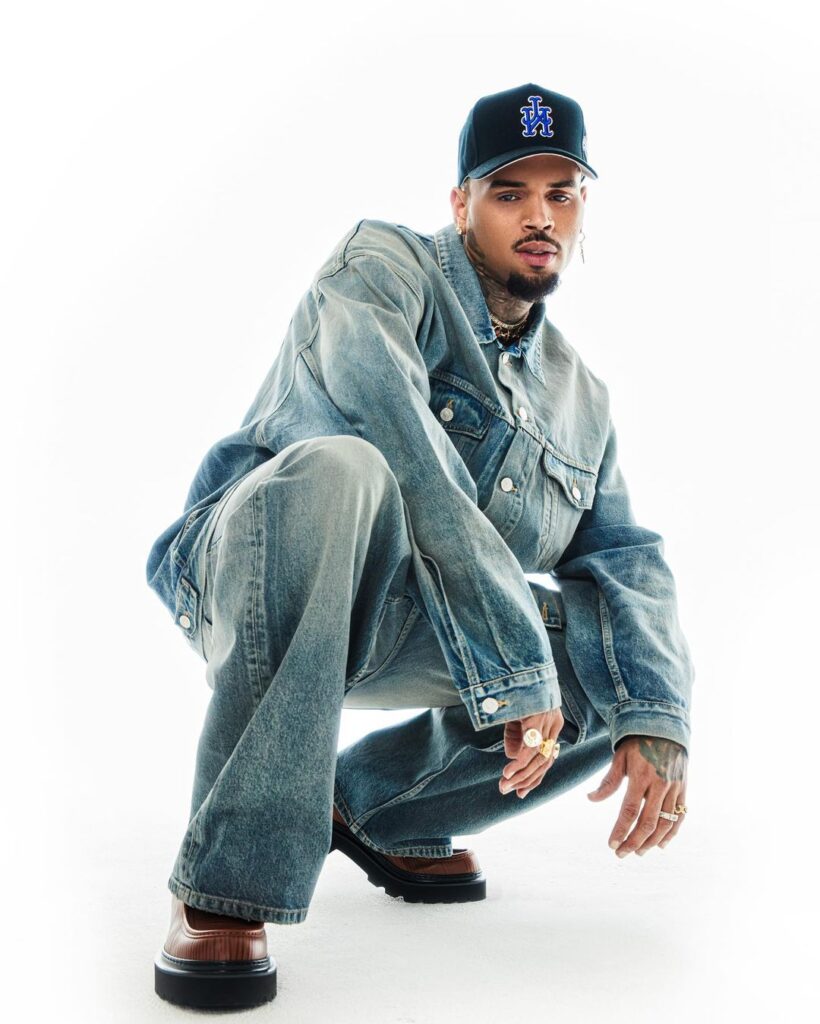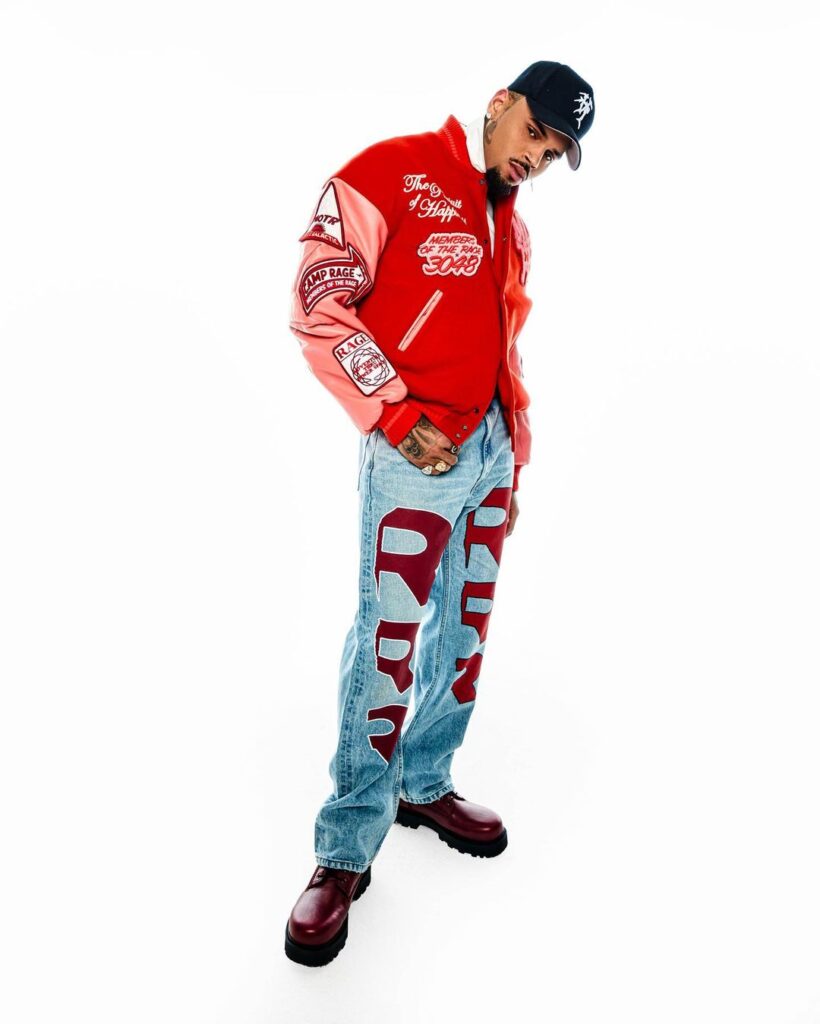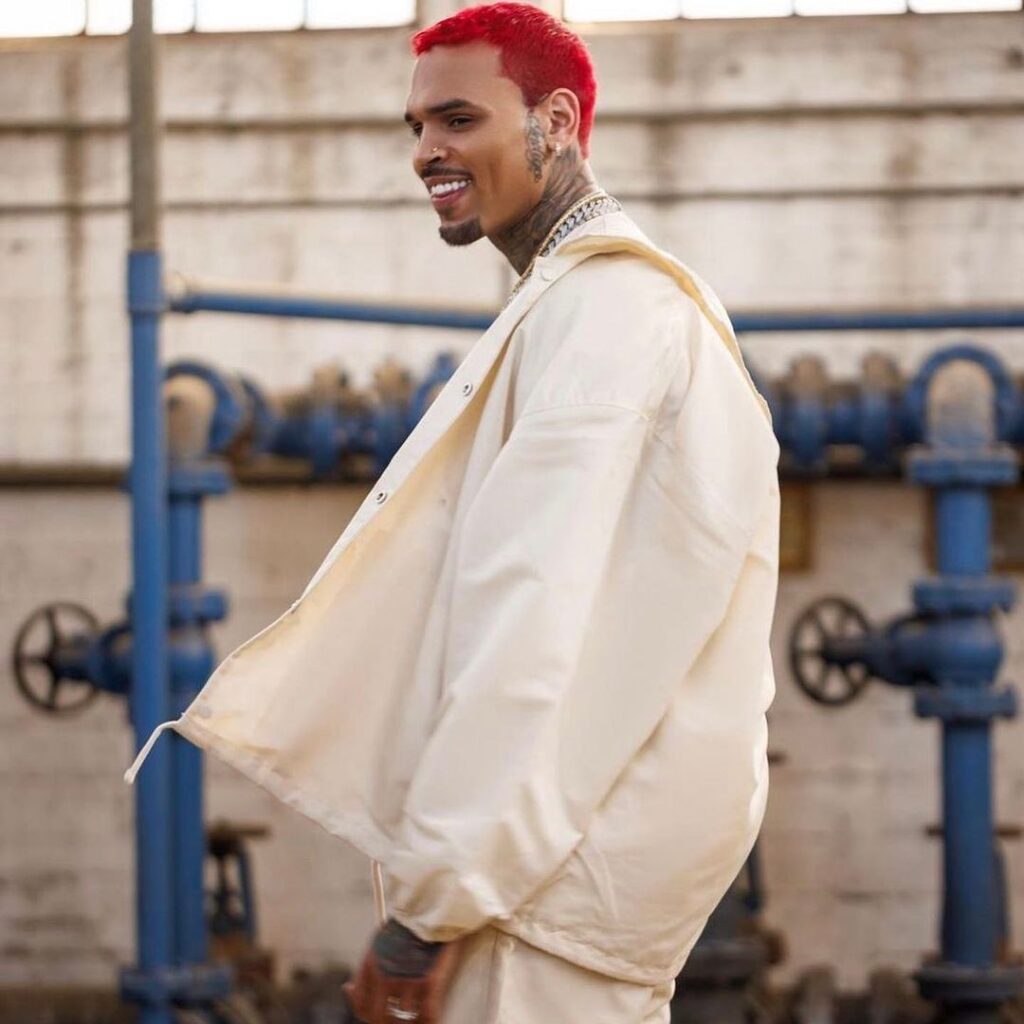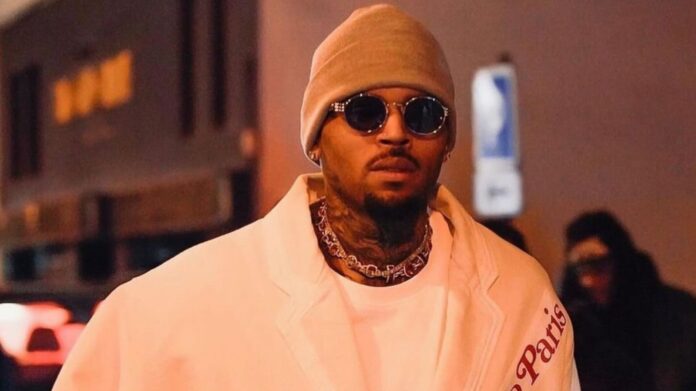Chris Brown is set to perform in South Africa in December 2024, despite growing opposition from women’s rights activists. His concerts at Johannesburg’s First National Bank Stadium on December 14 and 15 have sparked controversy, with a petition launched to cancel his performances due to his alleged abusive past. However, the R&B star has responded to the backlash with a defiant message, and fans remain excited about his upcoming shows.
Highlights
- Chris Brown’s South Africa concerts on December 14 and 15 have caused a stir, with activists calling for their cancellation.
- Women For Change, a local advocacy group, launched a petition that has gathered over 39,000 signatures.
- Despite the protests, tickets for the first concert sold out quickly, leading to the addition of a second date.
- Brown responded to the controversy with a simple message: “Can’t wait to come.”
Activists Call for Concert Cancellation
Earlier in October, Women For Change, a women’s rights advocacy group, launched a petition urging the South African government to cancel Chris Brown’s upcoming concerts. The petition, which has gained over 39,000 signatures, calls for accountability in light of Brown’s past legal troubles. Sabina Walter, the executive director of the organization, voiced her disappointment, stating, “We will not tolerate the celebration of individuals with a history of violence against women.”

The timing of Brown’s concerts has added to the outrage, as they fall just after South Africa’s annual commemoration of the 16 Days of Activism Against Gender-Based Violence. Critics argue that hosting Brown would be a disrespectful move in a country grappling with high rates of gender-based violence (GBV).
READ ALSO:Chris Brown’s South Africa Tour Under Fire Amid Gender-Based Violence Protest
Chris Brown’s Defiant Response
Despite the calls to cancel his performances, Chris Brown showed little concern. On October 15, he left a comment on a post from Women For Change, saying, “Can’t wait to come,” followed by a heart emoji. While it is unclear if Brown’s response was meant to be genuine or mocking, the comment garnered over 1,000 replies and nearly 7,000 likes from his supporters.
Fans, many of whom are excited to see Brown perform, responded positively to his comment. One fan commented, “Tickets are secured, lessss goo,” showing the overwhelming demand for the concerts despite the controversy.
Fan Support Amid Backlash
While the petition to ban Brown’s performance has gained significant attention, it hasn’t slowed ticket sales. His first show at the 94,000-capacity FNB Stadium sold out within two hours, prompting organizers to add a second date. This strong demand highlights the ongoing divide between fans and activists regarding Brown’s legacy.

Women For Change has expressed concern that allowing someone with Brown’s history to perform sends a harmful message — that fame and success can overshadow accountability. This sentiment resonates with many in South Africa, a country dealing with one of the highest rates of violence against women globally.
A Troubled Past Follows Brown
Chris Brown’s legal issues, particularly his 2009 conviction for assaulting his then-girlfriend Rihanna, have long cast a shadow over his career. Though Rihanna publicly forgave him, Brown has faced several other allegations of abuse, including from actress Karrueche Tran. His past has led to performance bans in several countries, including New Zealand, Canada, and Australia.
South Africa’s decision to allow Brown to perform has raised questions about its visa policies. Although the country’s laws could deny entry to individuals with criminal convictions, authorities can make exceptions for “good cause.” Activists argue that allowing Brown entry into South Africa reflects broader systemic issues in how the nation addresses GBV.
Related Stories
Sean ‘Diddy’ Combs Faces New Lawsuits Over Alleged Sexual Assault of Teenager
Here Are the Major Accusations Against Sean ‘Diddy’ Combs
A broader debate on fame and accountability
Brown’s concerts in South Africa have sparked a larger conversation about how society handles fame, accountability, and justice. Some public figures have defended his right to perform, arguing that separating an artist’s personal life from their work is possible. Former University of Cape Town vice chancellor Professor Mamokgethi Phakeng voiced her support for Brown, stating that attending his concert does not mean condoning his past actions.

This ongoing debate has intensified, with critics arguing that excusing the behavior of celebrities contributes to a culture of impunity, especially in countries like South Africa, where GBV remains a critical issue.
Chris Brown’s upcoming South Africa concerts have become a flashpoint for the country’s ongoing fight against GBV. While fans eagerly anticipate his performances, the backlash from activists highlights a deeper conversation about accountability and the role of celebrities in public life. As the petition continues to gain momentum, it remains to be seen whether the controversy will impact Brown’s concerts or his future in the global music scene.
